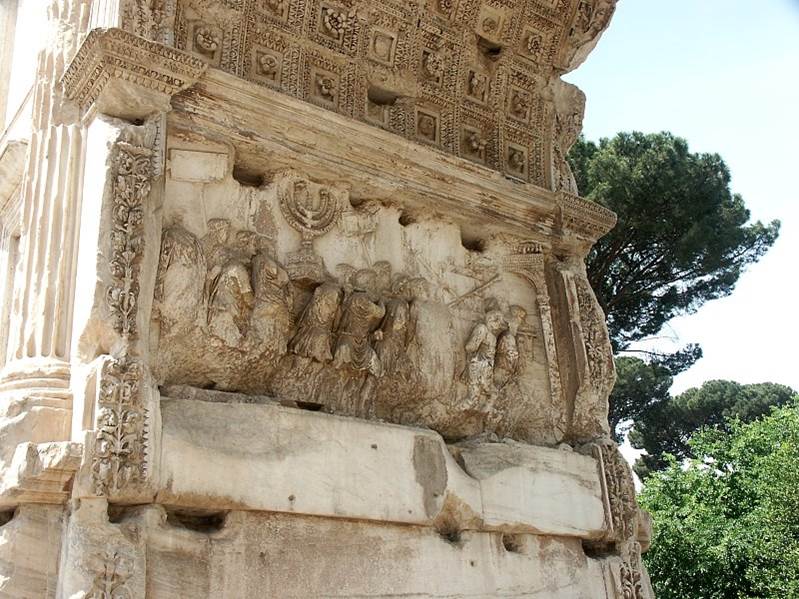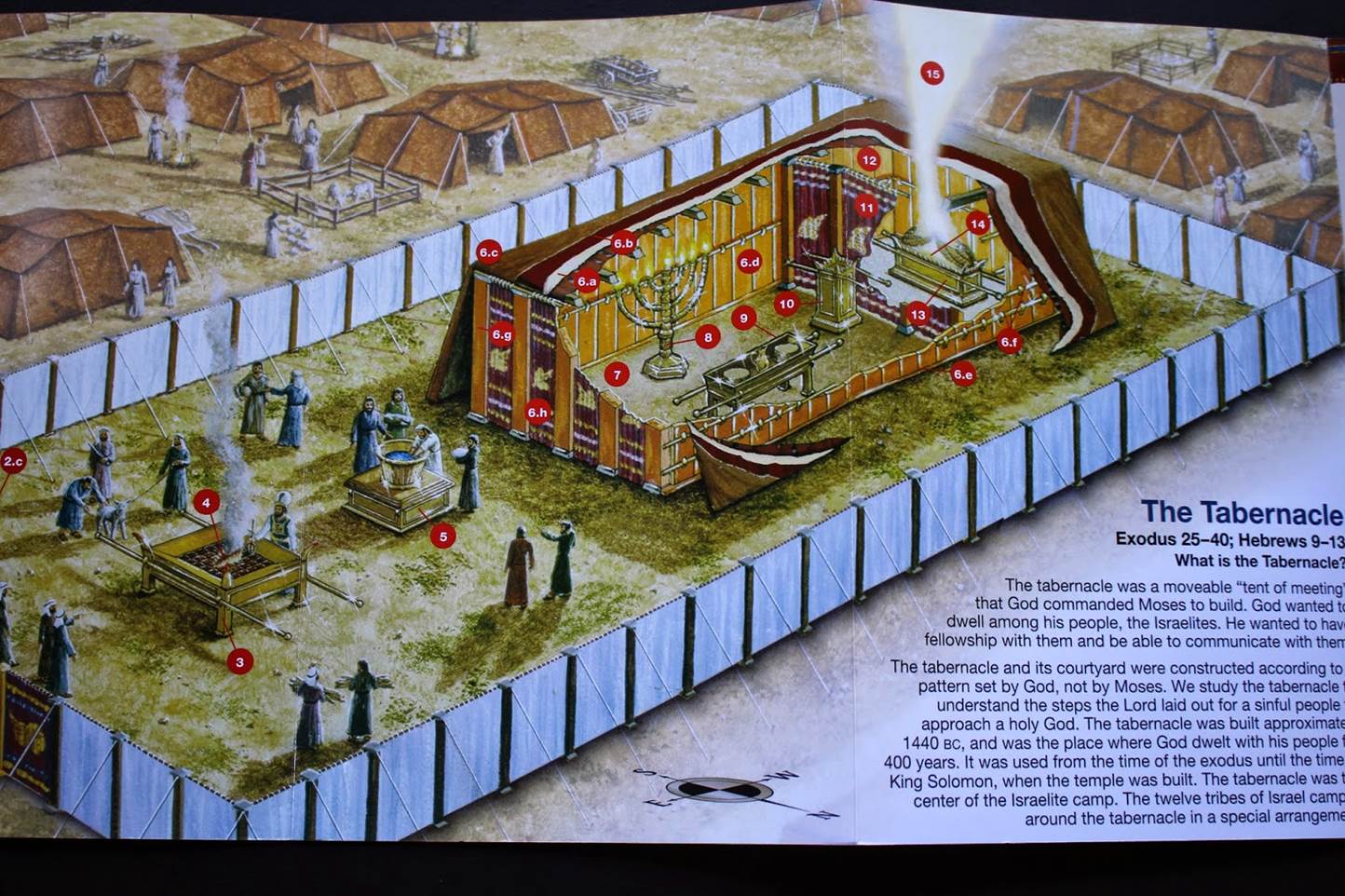Ephesians; 1:4 – Election of church age believer, part 19.
length: 66:23 - taught on Dec, 6 2018
Class Outline:
Thursday December 6, 2018
3g. The elect are royal priests in the kingdom of God.
Peter opens his letter with the inheritance of the believer, and that though the believer is distressed with various trials, he rejoices over his secure inheritance in Christ because he has faith.
He then admonishes them to live in a holy manner and to love the brethren fervently, reminding them, that they are new creatures, born again of an imperishable seed.
1PE 2:1 Therefore, putting aside all malice [kakia = wickedness] and all guile [dolon = deceit] and hypocrisy and envy and all slander [evil speaking],
1PE 2:2 like newborn babes, long for the pure [untarnished] milk of the word, that by it you may grow in respect to salvation,
1PE 2:3 if you have tasted the kindness of the Lord.
1PE 2:4 And coming to Him as to a living stone, rejected by men, but choice [chosen or elect] and precious in the sight of God,
1PE 2:5 you also, as living stones, are being built up as a spiritual house for a holy priesthood, to offer up spiritual sacrifices acceptable to God through Jesus Christ.
Christ is a living stone and each believer is a living stone. They have His life and all believers are priests unto Him.
Jesus’ house is much better than Moses’ as are Jesus’ priests better than Levites.
Remember, Jesus was not qualified to be a high priest to Israel since He was born in the tribe of Judah. He is a much better priest according to the order of Melchizedek.
HEB 3:1 Therefore, holy brethren, partakers of a heavenly calling [election], consider Jesus, the Apostle and High Priest of our confession.
These are Christian Jews who have confessed Jesus as Messiah.
HEB 3:2 He was faithful to Him who appointed Him, as Moses also was in all His house [NUM 12:7].
HEB 3:3 For He has been counted worthy of more glory than Moses, by just so much as the builder of the house has more honor than the house.
HEB 3:4 For every house is built by someone, but the builder of all things is God.
HEB 3:5 Now Moses was faithful in all His house as a servant, for a testimony of those things which were to be spoken later;
HEB 3:6 but Christ was faithful as a Son over His house whose house we are, if we hold fast our confidence and the boast of our hope firm until the end.
Moses was the servant of God while Jesus was the Son of God, builder of the house of both Israel and the church and is over them both.
The continuance of faith is evidence of salvation and not the cause.
In the Book of Hebrews, the writer is not contrasting good and bad, because the Law and the whole sacrificial system was given by God and is therefore good. The contrast the he draws is between that which is good and that which is better.
The author takes the three main pillars of the Judaism of that day - angels, Moses, and the Levitical Priesthood - and shows that what the readers have in the Messiah is superior to all three pillars of Judaism.
The Levitical priesthood was ordained and authorized under the Law of Moses. That priesthood was hereditary. There were rules that disqualified a Levite from being a priest, such as a physical defect or immorality, but there was no rule that required them to be believers. The high priest Caiaphas desired to kill Jesus. It is likely that he wasn’t a believer.
However, in this age, only believers are priest and all of us are. In fact, we are king priest (1PE 2:9) who are holy, and therefore are qualified to offer up spiritual sacrifices that are accepted by God.
What do we do as priests? We get some insight when we look back at the Aaron’s line of priests. They maintained the temple and the sacrifices, but all of that has been fulfilled by Christ. It is blasphemous to think that we need to still offer sacrifice for sin. The brazen altar and laver were fulfilled by the cross of Christ. We are forgiven and cleansed forever.
So then, we move past the first veil and into the holy place where only cleansed priests were allowed and we see the three items. These material things have great spiritual significance, which are no longer represented by the oil, gold, bread, and incense, but are now a reality within us.
These three items give us insight into our function as elected, king priests.
The royal priest may draw near to God directly and personally in order to pray, intercede for others, find sustenance in comfort, find enlightenment for questions, offer thanksgiving, worship, and seek in what manner he may serve the Lord.
In the holy place there was a table of showbread (indicating God providence and word), the golden lampstand (indicating the Holy Spirit and guidance), the table of incense (indicating prayers and worship and thanksgiving), and the holy of holies (indicating heaven itself). The royal priest in this age enters into this sacred place in his prayer life because he is holy, righteous, and elect.

Golden lampstand on the Arch of Titus. This depiction would be accurate of what the Romans carried away after they looted the temple.
That is not to say that the original looked exactly like this one, which would have been made by an artisan for Herod’s temple.
ISA 11:1 Then a shoot will spring from the stem of Jesse,
And a branch from his roots will bear fruit.
ISA 11:2 And the Spirit of the Lord will rest on Him [center arm],
The spirit of wisdom and understanding,
The spirit of counsel and strength,
The spirit of knowledge and the fear of the Lord.
The lampstand (Hebrew: menorah) was of pure gold. It was crafted to represent bulbs and flowers along the six branches, three on one side and three on the other. The cups at the end were to look like almond blossoms, a bulb and a flower. “A branch from his roots will bear fruit.” It was hammered out of one piece of pure gold, EXO 25:31-40. It was anointed with sacred oil, EXO 30:27, and the energy for the light was oil, EXO 35:14.

Tabernacle
The table of showbread is our confidence in the providence of God who will supply all that we need, and included in this is the bread that is the word of God. We will always be able to feast and fill our souls with God’s word.
The table of incense is our prayers of thanksgiving and worship of God. “Our Father who is in heaven, hallowed (hagiazo: holy or sanctified) is Your name.”
For us, the brazen altar and the laver must go, being that He had died and is never to die again and that we are clean. We live in the holy place and the holy of holies, by the blood of Jesus, in heaven, a Tabernacle made without hands.
However, the scripture says that our thinking and conduct can be of a defiled nature.
Cleanliness is like sanctification. Every believer is sanctified (holy) and clean by the blood of Christ, but he may not act like it all the time.
2CO 7:1 Therefore, having these promises, beloved, let us cleanse ourselves from all defilement of flesh and spirit, perfecting holiness in the fear of God.
What promises? Paul relates the New Covenant promised to Israel, which spiritual aspects are now given to us. His argument is, since we possess these promises, why would be bind ourselves together with unbelievers and their ways?
2CO 6:14 Do not be bound together with unbelievers; for what partnership have righteousness and lawlessness, or what fellowship has light with darkness?
2CO 6:15 Or what harmony has Christ with Belial [antichrist], or what has a believer in common with an unbeliever?
2CO 6:16 Or what agreement has the temple of God with idols? For we are the temple of the living God; just as God said,
"I will dwell in them and walk among them; [LEV 26:11-12; EZE 27:37]
And I will be their God, and they shall be My people. [JER 31:33 (New Covenant)]
2CO 6:17 "Therefore, come out from their midst and be separate," says the Lord.
"And do not touch what is unclean; [ISA 52:11]
And I will welcome you.
2CO 6:18 "And I will be a father to you,
And you shall be sons and daughters to Me," [JER 31:1-9]
Says the Lord Almighty.
“be separate” is aphorizo (from a boundary). We have seen and will see the word proorizo (to mark a boundary beforehand) meaning predestination. Aphorizo is similar to hagiazo - holiness or sanctification.
2CO 7:1 Therefore, having these promises, beloved, let us cleanse ourselves from all defilement of flesh and spirit, perfecting holiness in the fear of God.





